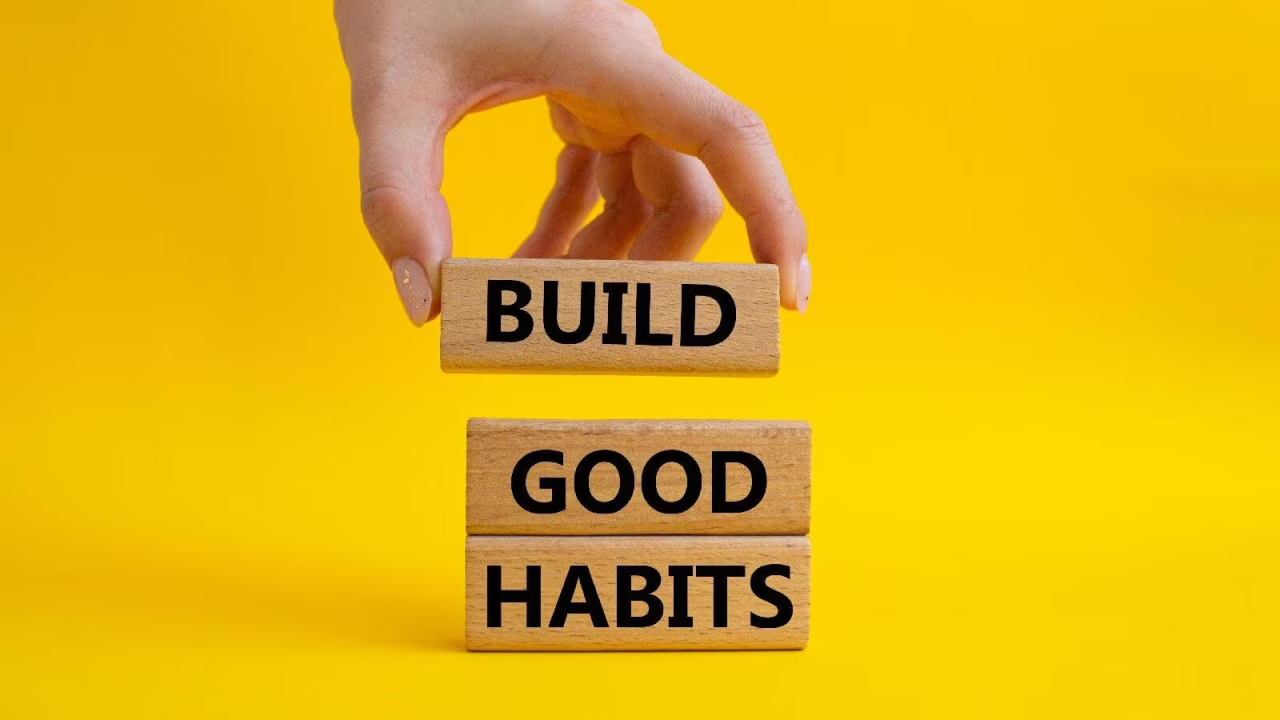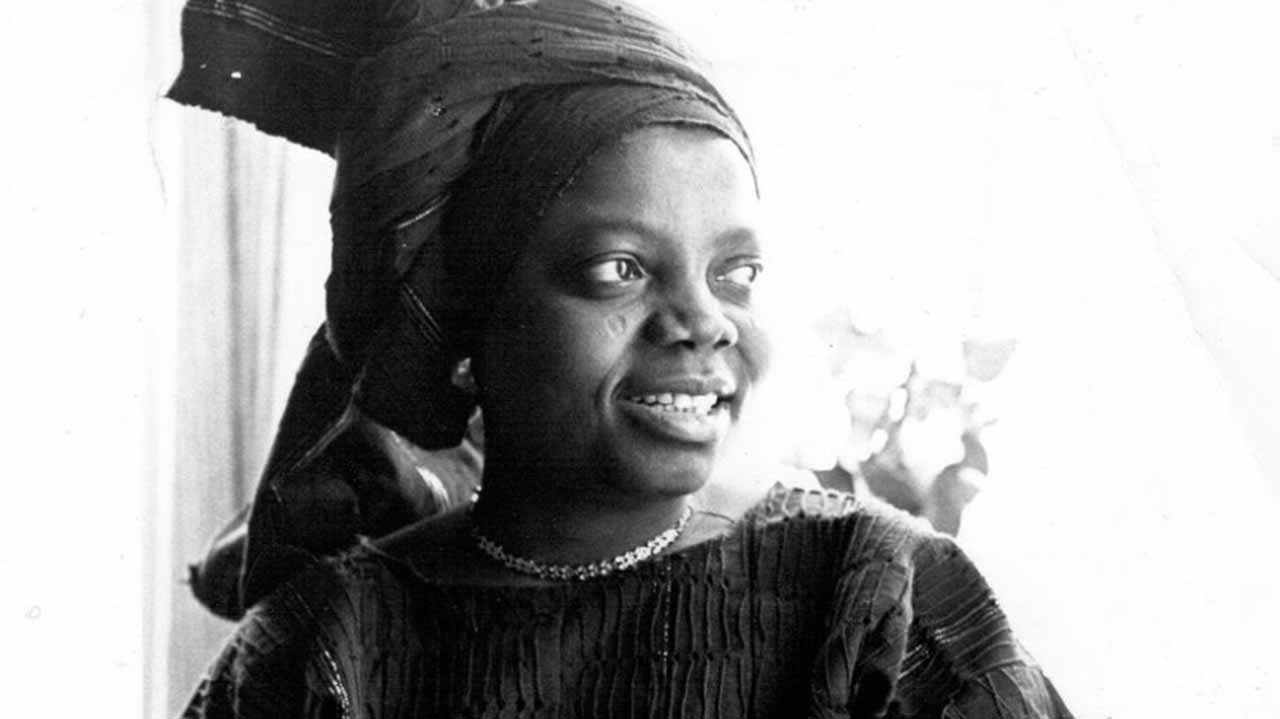
Within the next few months, Mama Femi, who died at the ripe age of 93, will be buried. Mama was a well-known educationist in her day, and her extensive and significant contributions to Nigeria’s educational system won her respect and recognition all around the nation. She established one of Nigeria’s most prestigious schools in the late 1980s after retiring from a renowned career. Mama Femi, also referred to as “Mama Discipline” for her commitment to excellence and moral character, leaves a legacy that has influenced the lives of innumerable people.
Mama leaves behind a successful family, all of whom have achieved remarkable heights in their respective industries. Her first daughter, well-known in the hospitality and welfare industries, is married to a state governor, and her oldest son owns a multinational oil company. Her second son, a retired General in the Nigerian Army, is currently the founder of one of Africa’s biggest security companies. The other children of Mama also have noteworthy achievements in their own rights. Her grandchildren continue to maintain the family’s reputation for success and tenacity, with many of them establishing themselves professionally.
Mama’s family has organised a lavish “celebration of life,” a ceremony that will take place over a week and is anticipated to be a historic occasion, in remembrance of her life and legacy. The burial budget runs into several hundreds of millions of naira, and numerous planning committees are working nonstop to make sure that every detail of the event exceeds expectations as family members try to make the event a worthy homage to the remarkable woman Mama Femi was. This story, while fictional, captures a prevalent custom among Nigeria’s elite. Families use elaborate ceremonies to remember loved ones, in contrast to the socioeconomic struggles that the majority of Nigerians face, actions such as these can come across as apathetic and insensitive.
In Nigeria, the middle and lower classes also indulge in extravagant spending, which implies the culture of extravagant spending is not just reserved for the wealthy. For occasions like weddings, birthdays, and funerals, people sometimes spend lots of money on imported fabrics and Aso-ebi(uniform), which does little to boost regional businesses. Many people put money aside for months simply to buy these clothes, which begs the issue of why these funds can’t be used for more financially advantageous endeavours that provide long-term gains. As a society, we fail to recognise the critical role we each play in stimulating our nation’s growth, mistakenly assuming that this responsibility lies solely with the government, a government which, admittedly, is not doing enough to drive economic change or at least not in our collective experience. This draws attention to a wider cultural trend across classes, where substantial resources are allocated to social events and festivities. All these take place in a nation beset with multi-dimensional poverty; the majority of citizens suffer as a result of the government’s policies and poor planning. The most recent being the abrupt end of the petrol subsidy programme and the floating of the naira, thus ceasing foreign exchange arbitrage operations. Though bold and laudable, these actions were hurriedly executed, and the government failed to implement tangible interventions to mitigate the effects of these actions; which are having a severe negative impact on the populace. Although a majority of domestic and international economic experts concur that they are absolutely necessary, the effects remain burdensome and painful.
All of these call for a refocus and review of our spending culture, especially concerning short-term frivolities, thus necessitating the need for outside-the-souvenir–box thinking. This brings us to the volunteering/charitable angle which is the focus of my discuss.
The needs across Nigeria are immense, spanning healthcare, education, infrastructure, and economic stability. Nigerians, particularly the wealthy with established family names, have the opportunity to create charitable organisations or foundations that address these critical areas, echoing a global tradition of philanthropy that has driven significant social change. Charity organisations are essential to economic growth everywhere in the world. In the United States, groups like Habitat for Humanity, which offers affordable housing, and Feeding America, which tackles food insecurity, not only assist those in need but also boost local economies by patronising and assisting local, small businesses and generating employment. Similar to this, The Prince’s Trust in the United Kingdom assists young people in acquiring skills and obtaining jobs, which increases workforce productivity and lowers youth unemployment. Other well-known charities like Oxfam GB, which works to reduce poverty worldwide, Cancer Research UK, which provides funding for life-saving medical research, and Shelter, which addresses homelessness, all of which together boost the economy and social well-being. In Africa, the Nelson Mandela Foundation promotes human rights and social justice in South Africa, while the Wangari Maathai Foundation in Kenya focuses on environmental conservation and civic responsibility, empowering youth to make a difference in their communities.
In Nigeria, grassroots initiatives run by individuals and small groups are tackling development issues head-on by concentrating on vital areas like environmental sustainability, healthcare, education, food security, and skill development. Food security is addressed by programmes like FoodClique and The We Care Initiative, which give low-income families meals and staple foods so they can use their money for other necessities and support their communities. Through literacy, scholarships, and special skill-building opportunities, initiatives like Teach for Nigeria and Chess in Slums empower marginalised youth and create a workforce that is better educated and more productive. In a similar vein, healthcare programmes such as Doctors on the Move Africa, provide vital medical care to rural communities, enhancing public health and relieving financial strain on families.
Beyond these, grassroots efforts extend to vocational training programmes such as SabiHub and Girl Effect Nigeria, which equip individuals with skills for economic independence. Agricultural support co-ops, clean water projects by organisations like Mawuwa Foundation, and waste-to-wealth initiatives such as RecyclePoints further enhance social and economic development. These initiatives collectively address pressing social needs while driving economic empowerment, paving the way for sustainable development and inclusive growth in Nigeria.
Given the hardships many Nigerians face today, the choice of investing in charitable endeavours reflects empathy and a sense of responsibility. For Nigeria, the opportunity is ripe to create legacies of compassion and progress. We can build institutions and initiatives that address critical needs, contributing to national development for generations. Governments across various levels, can encourage volunteering and philanthropy by incorporating service to humanity into society through prizes, scholarships, public recognition, community service awards and rewards across various levels. This could in turn encourage citizens to place a high value on giving back time, wealth, skills and other related resources. Compassion and responsibility can be further ingrained through programmes such as youth leadership initiatives, collaborations with non-governmental organisations, and national platforms for exhibiting impactful projects. Nigeria can develop future leaders who value group advancement and leave a legacy of solidarity and sustainable development by promoting these values from a young age.
Ultimately, the true measure of a life well-lived is found not in the grandeur of celebrations but in the lives touched and the positive changes made. It’s time for Nigerians to join the global ranks of philanthropists who make lasting contributions, paving the way for a stronger, more resilient Nigeria.
Dr Georgewill is a Visiting Scholar and Strategic Planning Consultant at the Centre for Public Policy Alternatives






